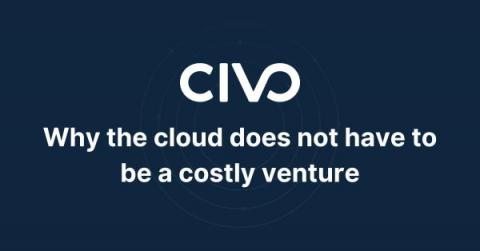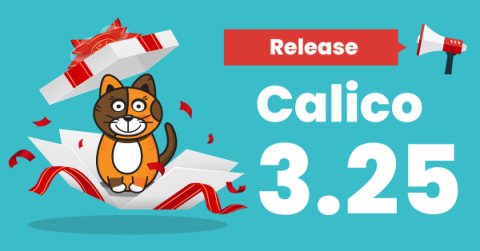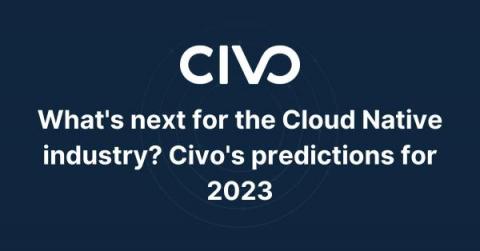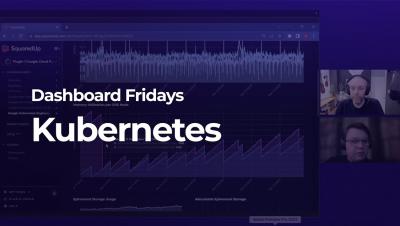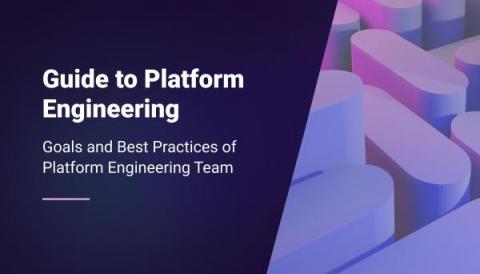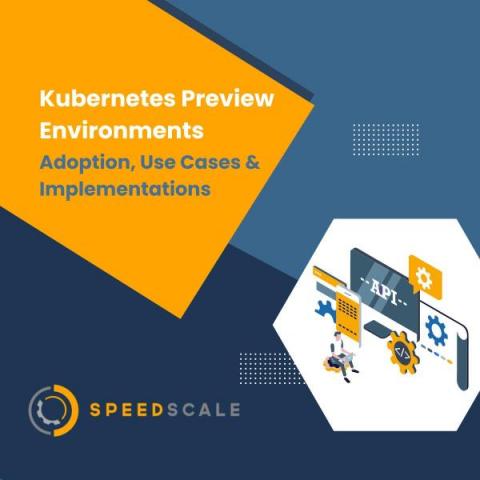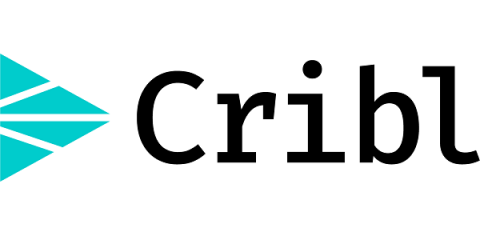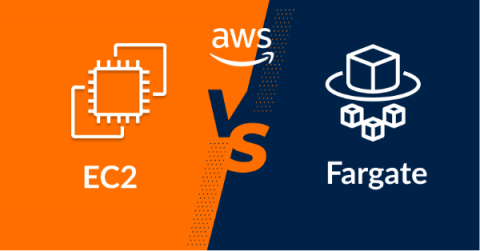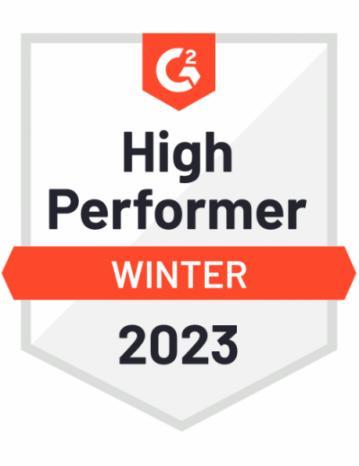Why the cloud does not have to be a costly venture
Looking back on the last 18 months, it is abundantly clear that one piece of technology found its moment more than any other: cloud. Essential to modern computing, cloud provides the capacity for businesses to run workloads with the flexibility and scale many firms would struggle to achieve with on-premise infrastructure. According to Flexera’s 2021 State of the Cloud Report, 90% of firms slightly or significantly increased their cloud usage due to the pandemic.


